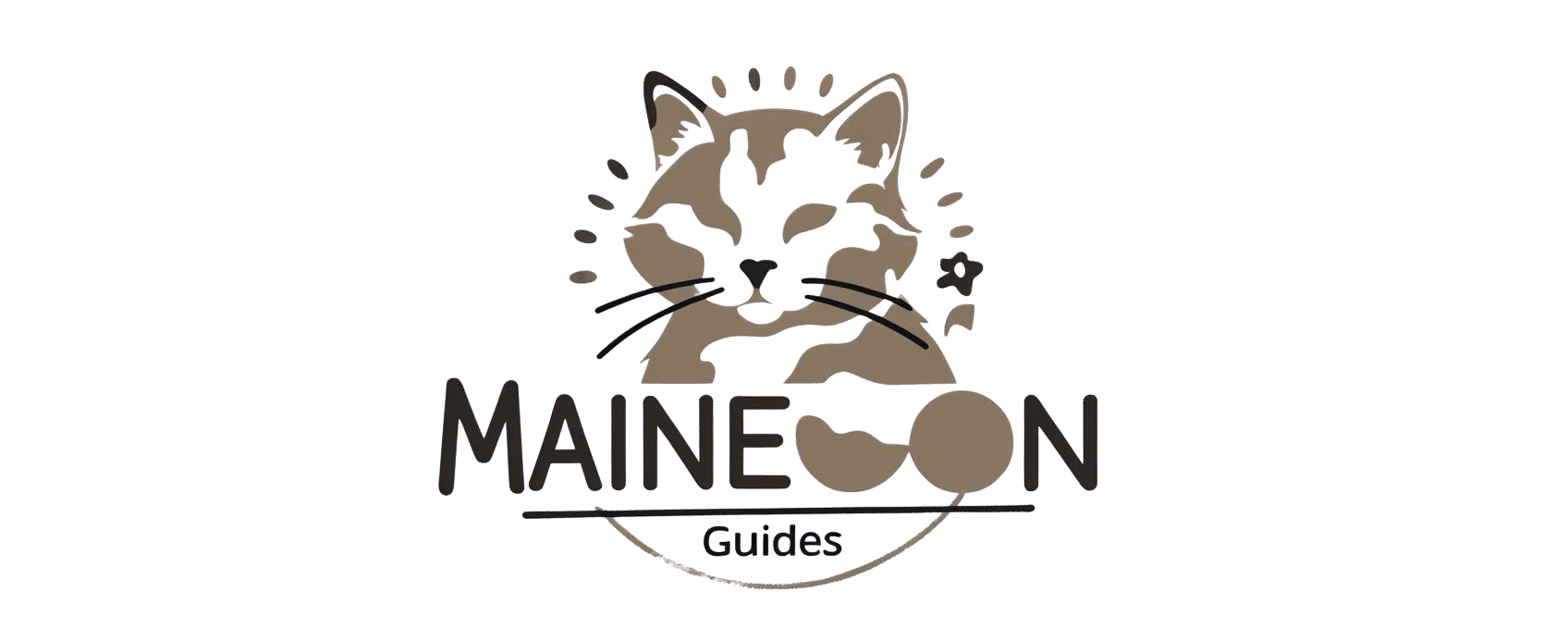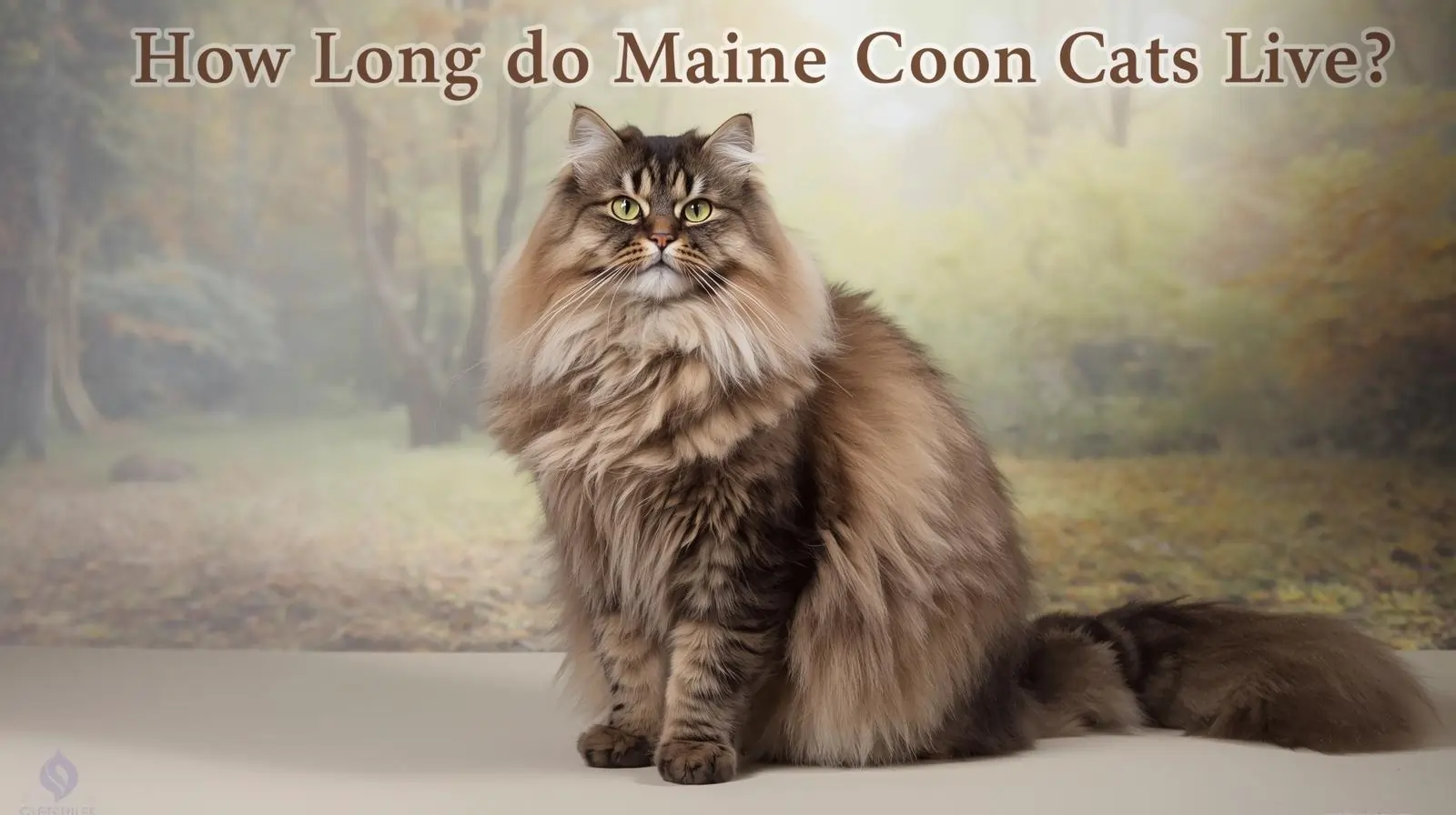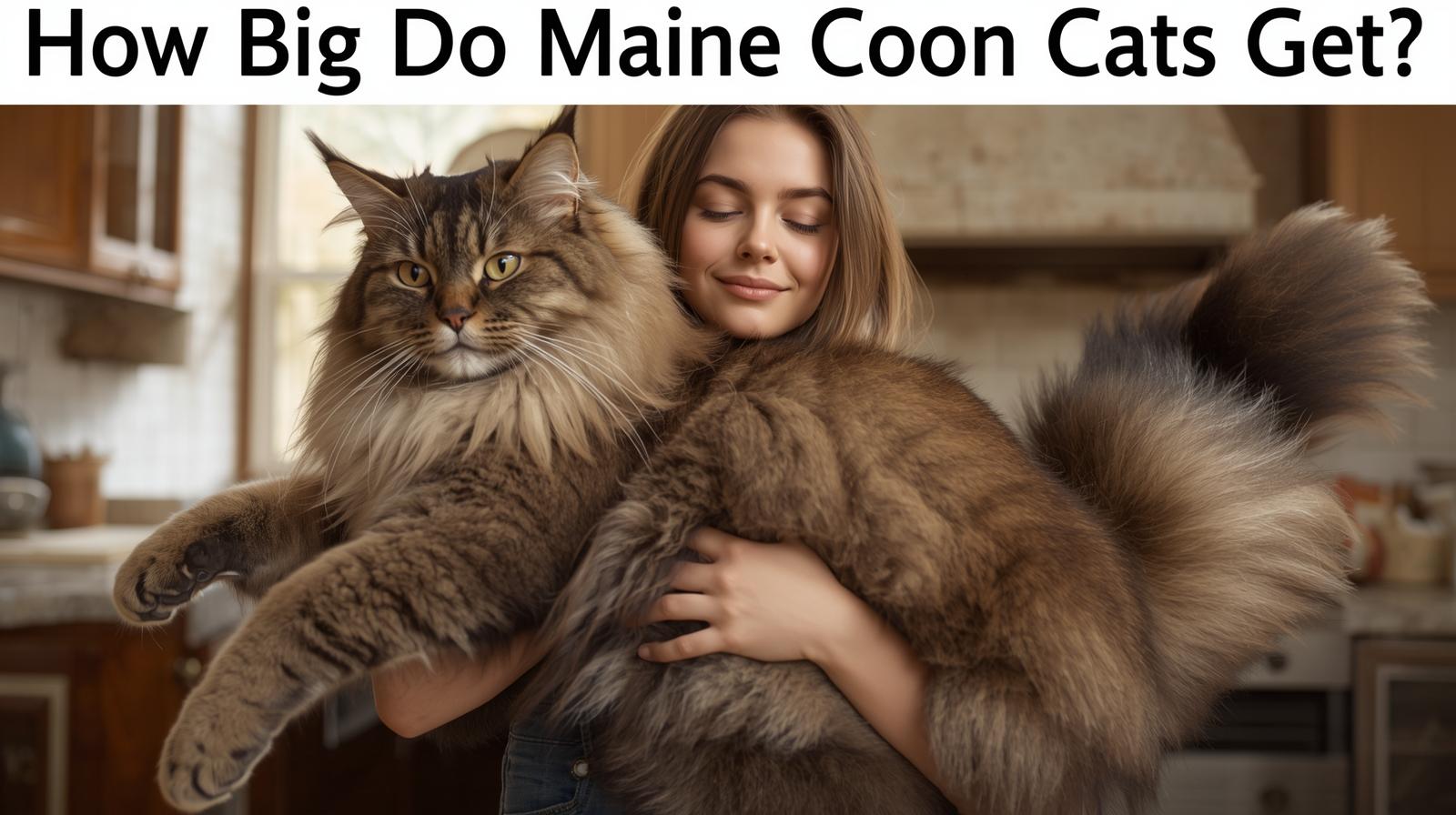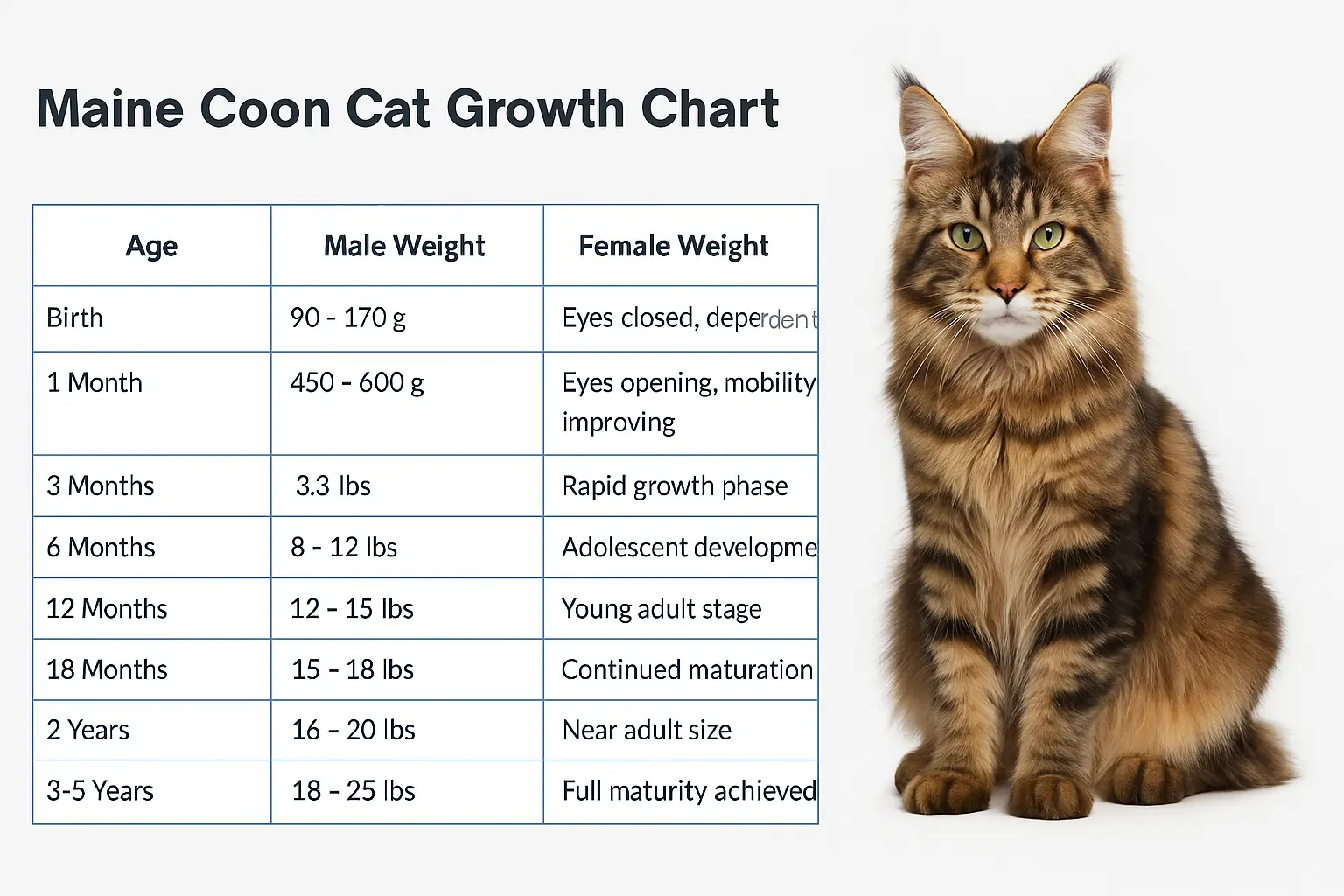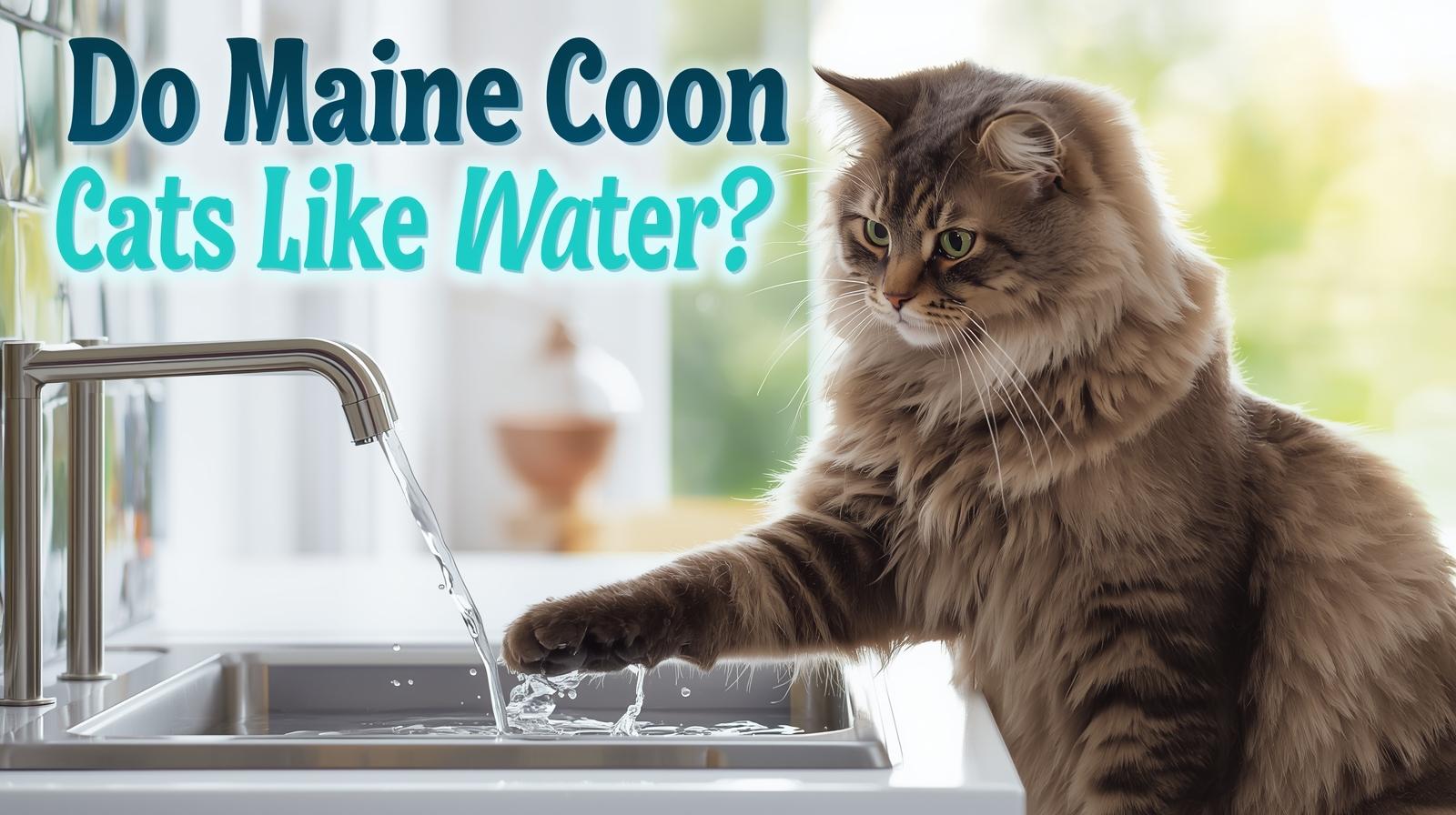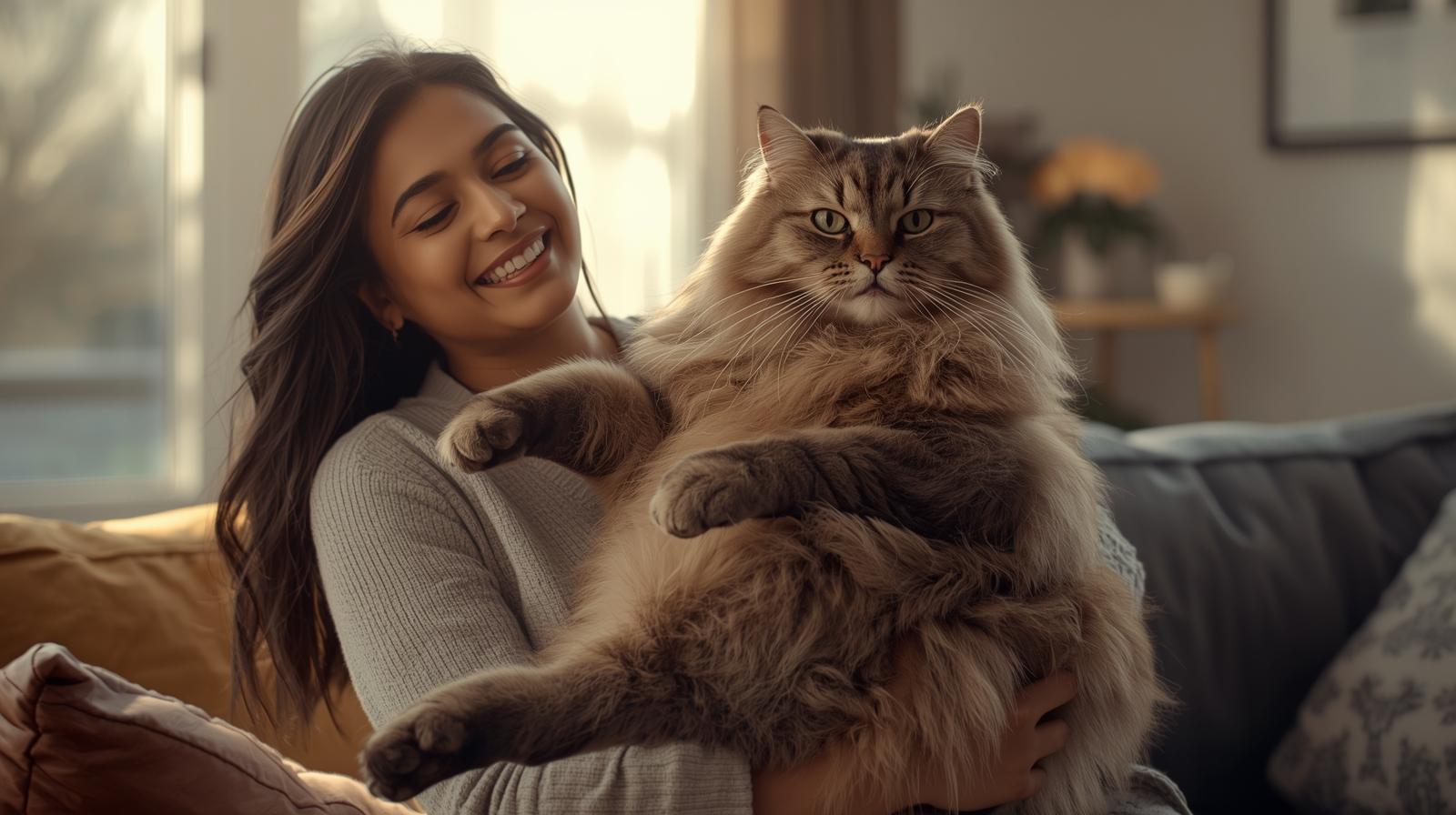Maine Coon Behavior Problems: Expert Solutions Guide
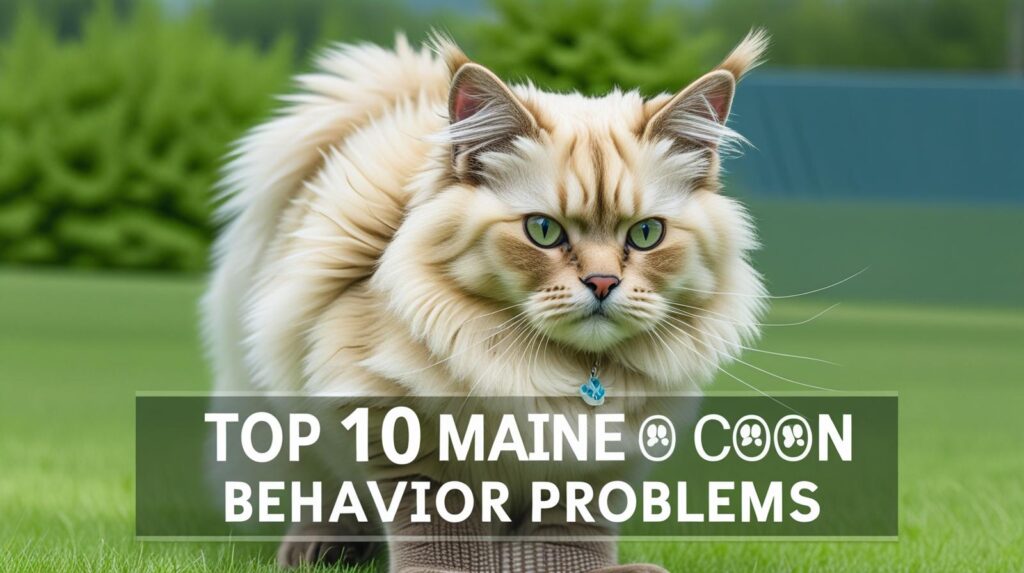
Maine Coons are beloved gentle giants, but even these magnificent cats can develop challenging behaviors that frustrate their owners. Understanding Maine Coon behavior problems is crucial for maintaining a harmonious household with these impressive felines. Research shows that 51.2% of Maine Coon behavioral issues involve inappropriate elimination, while 15.9% relate to aggression problems.
These majestic cats, weighing up to 25 pounds and stretching 40 inches in length, bring unique challenges due to their size and intelligence. Maine Coon behavior problems often stem from their high intelligence, strong personalities, and specific breed characteristics that require specialized understanding and management approaches.
Understanding Maine Coon Temperament
Before addressing specific Maine Coon behavior problems, it’s essential to understand their natural temperament. These cats are known for their dog-like personalities, high intelligence, and strong social bonds with their families. Their size and strength can amplify behavioral issues, making early intervention crucial.
Maine Coons mature slowly, reaching full physical and emotional development between 3-5 years old. During this extended growth period, various Maine Coon behavior problems may emerge or intensify, requiring patience and consistent management from owners.
Top 10 Maine Coon Behavior Problems
1. Excessive Vocalization
One of the most common Maine Coon behavior problems is excessive meowing and chattering. “Being such big felines, Maine Coons can be very loud when they put their minds to it. The amount of noise they can make when they don’t get what they want or become grumpy is not something that you’ll enjoy having to deal with”.
Solutions:
- Establish regular feeding schedules to prevent hunger-related vocalizations
- Increase interactive playtime to reduce boredom-induced chatter
- Avoid reinforcing demanding behaviors by only responding to quiet requests
- Provide mental stimulation through puzzle feeders and interactive toys
2. Inappropriate Elimination
Litter box avoidance represents the most prevalent Maine Coon behavior problems, affecting over half of all behavioral cases. This issue can stem from medical conditions, stress, or environmental factors.
Common Causes:
- Medical issues (urinary tract infections, kidney problems)
- Litter box size inadequacy for their large frame
- Stress from environmental changes
- Territory marking behaviors
Prevention Strategies:
- Use extra-large litter boxes (minimum 24″ x 18″)
- Maintain multiple clean litter boxes (one per cat plus one extra)
- Choose unscented, clumping litter
- Regular veterinary checkups to rule out medical causes
3. Aggressive Behavior Toward Other Cats
Aggression towards other cats is a common behavior problem seen in Maine Coons. This can be due to territorial issues, fear, or simply not getting along with the other feline in the household. Research indicates that 15.9% of Maine Coon behavior problems involve intraspecific aggression.
Management Techniques:
- Gradual introduction protocols for new cats
- Provide separate resources (food, water, litter boxes)
- Create vertical territory with cat trees and shelving
- Consider pheromone diffusers to reduce tension
4. Destructive Scratching
Maine Coon behavior problems often include excessive or inappropriate scratching due to their powerful claws and natural instincts. Their large size makes their scratching particularly destructive.
| Problem Type | Solution | Success Rate |
|---|---|---|
| Furniture scratching | Multiple sturdy scratching posts | 85% |
| Carpet scratching | Horizontal scratching pads | 75% |
| Door scratching | Door-mounted scratching surfaces | 70% |
5. Separation Anxiety
Separation anxiety is a common condition that can affect Maine Coon cats of all ages. These social cats form strong bonds and may struggle when left alone for extended periods.
Symptoms:
- Excessive vocalization when alone
- Destructive behavior
- Inappropriate elimination
- Over-grooming
Treatment Approaches:
- Gradual desensitization to departures
- Environmental enrichment
- Interactive toys for mental stimulation
- Consider companion animals in severe cases
6. Food Aggression and Overeating
Maine Coons’ large size and hearty appetites can lead to food-related behavioral issues. Some cats become possessive over food or eat too rapidly, leading to vomiting and other problems.
Management Strategies:
- Use slow-feeder bowls to prevent rapid eating
- Separate feeding areas for multiple cats
- Establish consistent meal times
- Monitor caloric intake to prevent obesity
7. Jumping and Climbing Issues
Due to their size and athleticism, Maine Coon behavior problems often involve inappropriate jumping onto counters, tables, or other forbidden surfaces.
Deterrent Methods:
- Provide appropriate high perches
- Use motion-activated deterrents
- Redirect climbing behavior to cat trees
- Ensure adequate vertical territory
8. Attention-Seeking Behaviors
Maine Coons are social cats that may develop demanding behaviors when they feel neglected. Maine Coons meow excessively due to boredom, hunger, or attention-seeking behavior.
Positive Attention Strategies:
- Schedule regular play sessions
- Teach tricks and commands for mental stimulation
- Provide interactive puzzle toys
- Ignore attention-seeking behaviors while rewarding appropriate requests
9. Territorial Marking
Intact and sometimes altered Maine Coons may engage in territorial marking, especially in multi-cat households or during times of stress.
Prevention and Treatment:
- Spay/neuter by 6 months of age
- Reduce stressors in the environment
- Clean marked areas thoroughly with enzymatic cleaners
- Increase environmental enrichment
10. Compulsive Behaviors
Research shows that 8.5% of Maine Coon behavior problems involve compulsive disorders. These may include excessive grooming, fabric sucking, or repetitive behaviors.
Common Compulsive Behaviors:
- Over-grooming leading to hair loss
- Fabric or wool sucking
- Excessive kneading
- Repetitive vocalizations
Prevention Strategies for Maine Coon Behavior Problems
Early Socialization
Proper socialization during kittenhood significantly reduces the likelihood of developing Maine Coon behavior problems later in life. Expose kittens to various people, animals, sounds, and environments between 2-14 weeks of age.
Environmental Enrichment
Creating a stimulating environment helps prevent boredom-related Maine Coon behavior problems:
- Multiple scratching posts of varying textures
- Interactive feeding toys
- Vertical climbing opportunities
- Hiding spots and cozy retreats
- Window perches for bird watching
Regular Exercise and Mental Stimulation
Maine Coons require substantial physical and mental exercise to prevent behavioral issues. Dedicate at least 20-30 minutes daily to interactive play sessions using wand toys, laser pointers, and puzzle feeders.
When to Seek Professional Help
Certain Maine Coon behavior problems require professional intervention from veterinarians or certified animal behaviorists:
- Sudden onset of aggressive behavior
- Persistent inappropriate elimination despite environmental modifications
- Self-injurious compulsive behaviors
- Severe separation anxiety affecting the cat’s quality of life
- Behaviors that pose safety risks to family members
“Always consult a veterinarian if you notice sudden behavioral changes, as they may indicate underlying medical conditions requiring attention”.
Training Techniques for Maine Coon Behavior Problems
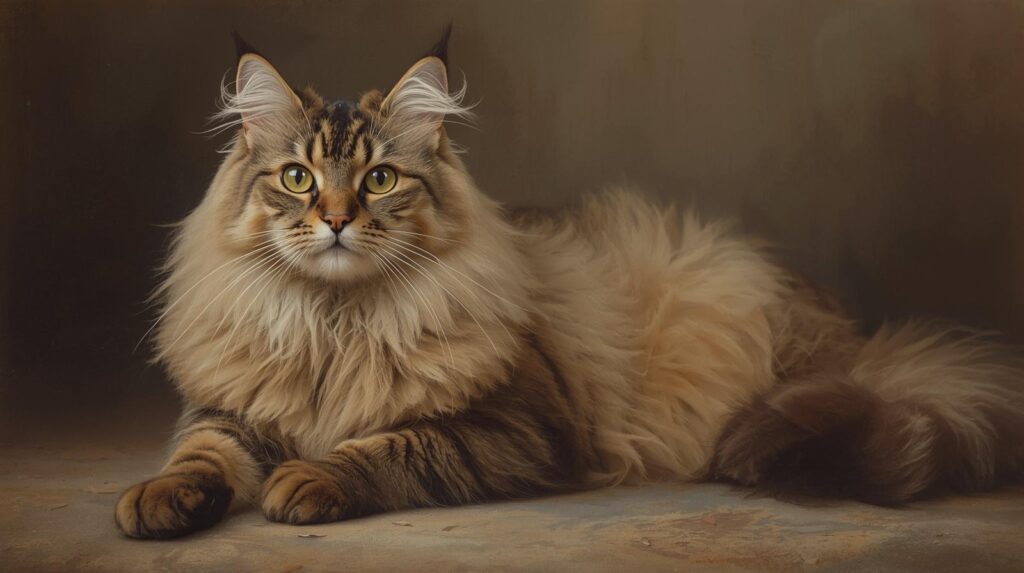
Positive Reinforcement Methods
Maine Coons respond exceptionally well to positive reinforcement training due to their intelligence and food motivation:
- Clicker Training: Use a clicker to mark desired behaviors followed immediately by treats
- Target Training: Teach your cat to touch a target with their nose or paw
- Recall Training: Train your Maine Coon to come when called
- Trick Training: Leverage their intelligence to learn complex behaviors
Consistency and Patience
Addressing Maine Coon behavior problems requires consistent application of training techniques across all family members. These intelligent cats learn quickly but may test boundaries, making consistency crucial for success.
Creating a Maine Coon-Friendly Environment
Space Requirements
Given their large size, Maine Coons need more space than average cats. Ensure adequate room for exercise, multiple resting areas, and separate zones for eating, sleeping, and elimination.
Resource Management
Prevent competition-related Maine Coon behavior problems by providing abundant resources:
- Multiple water sources throughout the home
- Several feeding stations
- Numerous scratching posts and climbing structures
- Adequate litter boxes in different locations
Diet and Nutrition Impact on Behavior
Proper nutrition plays a crucial role in managing Maine Coon behavior problems. These large cats require:
- High-quality protein sources for sustained energy
- Appropriate portion sizes to prevent obesity
- Regular meal times to reduce anxiety
- Fresh water availability to prevent urinary issues
Poor nutrition can exacerbate existing behavioral problems and create new ones, making dietary management an essential component of behavior modification plans.
Health Considerations and Behavior
Many Maine Coon behavior problems stem from underlying health issues. Common health problems in this breed that can affect behavior include:
- Hip dysplasia causing mobility issues
- Hypertrophic cardiomyopathy affecting energy levels
- Polycystic kidney disease influencing litter box habits
- Spinal muscular atrophy affecting movement
Regular veterinary checkups help identify health issues before they manifest as behavioral problems, making preventive healthcare crucial for maintaining good behavior.
Long-term Management Strategies
Successfully managing Maine Coon behavior problems requires long-term commitment and ongoing assessment. Strategies include:
Regular Behavioral Assessments
Monitor your cat’s behavior monthly, noting any changes or emerging issues. Early intervention prevents minor problems from becoming major behavioral challenges.
Adaptation to Life Changes
Maine Coons may develop behavior problems during major life transitions such as moves, new family members, or changes in routine. Prepare for these transitions with gradual adjustments and increased attention to your cat’s needs.
Continuous Learning and Adaptation
Stay informed about new research and techniques for managing Maine Coon behavior problems. The field of animal behavior continues evolving, offering new solutions for challenging behaviors.
For additional guidance on cat behavior management, consider resources from maine coon Guides which offers comprehensive pet behavior insights across multiple species.
Conclusion
Maine Coon behavior problems, while challenging, are manageable with proper understanding, patience, and consistent application of appropriate techniques. These gentle giants bring immense joy to their families when their behavioral needs are met through environmental enrichment, proper training, and healthcare. Success in managing these issues requires recognizing that each cat is an individual with unique needs, triggers, and motivations.
The key to preventing and addressing Maine Coon behavior problems lies in understanding their breed-specific characteristics, providing appropriate outlets for their natural behaviors, and maintaining strong bonds through positive interactions. With dedication and the right approach, most behavioral issues can be resolved or significantly improved.
Remember that addressing Maine Coon behavior problems is an ongoing process that requires patience, consistency, and sometimes professional guidance. By implementing the strategies outlined in this guide and remaining attentive to your cat’s changing needs, you can build a strong, positive relationship with your Maine Coon that lasts for years to come.
Have you noticed any of these common Maine Coon behavior problems in your own feline companion, and which management strategies do you think would work best for your specific situation?
